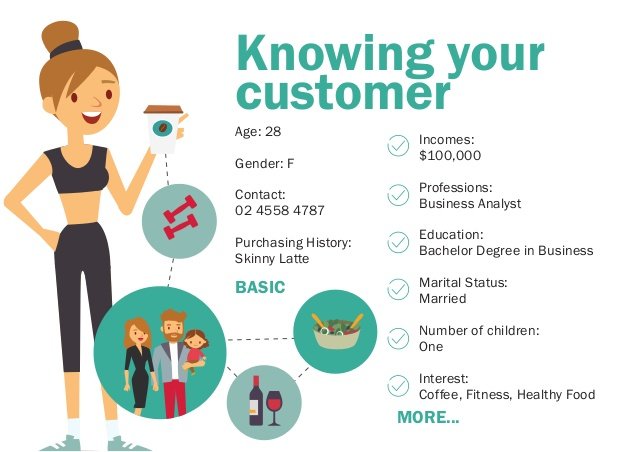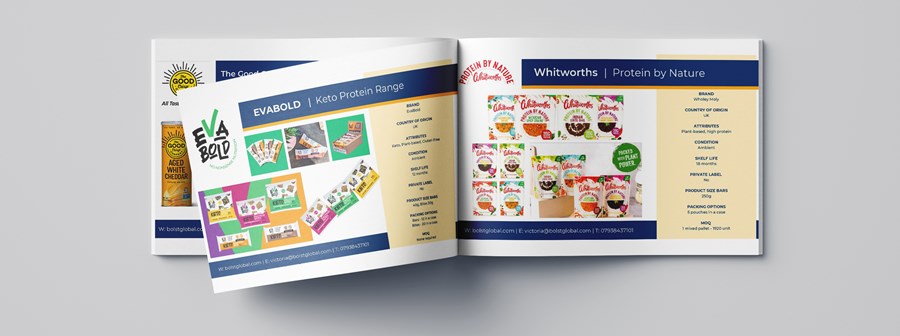Product sourcing from the UK

Are you looking for new UK products to import to the Middle East?
If the answer is yes, take a look at these top 5 tips to help global buyers successfully import new products
Staying ahead of the competition can be a challenge for retailers and distributors around the globe. What’s even more of a challenge is sourcing the right products, at the right time, from the right brand. Here at Bolst Global, we’ve been working with importers across the Middle East and Europe for several years, so we wanted to share our experience through five top tips towards profitable product sourcing.
1/ Know your market
First things first, if you don’t know your market inside out, then you’ll never know which products to source that could set you apart from the competition and make what you are selling the next big In demand product or brand!
Whether you are a distributor or a retailer, analysing your customer demographics and conducting detailed market research is always a great place to start.
Use your sales data to evaluate current buying habits and identify potential gaps you could maximise on and send out customer surveys to gather insights direct from the consumer.

2/ Stay on top of industry trends
The food and beverage sector is continually evolving, particularly in the health and wellness space, so staying on top of industry trends is key if you want to source the right products.
Off the back of your market research you will have pinpointed customer demand for certain product offerings or categories. But, to stay ahead of the crowd, why not investigate areas your competitors haven’t clocked yet?
Be sure to look into innovative brands and products too as these could be a great way for you to gain a new share of the market.

3/ Always strive for quality
Regardless of your market, customer demographics, and price points, you should always be striving for the upmost quality.
This is especially important when sourcing new products from overseas. Quality ingredients and quality manufacturing will go a long way in your home market, but it’s not always easy to find.
Be sure to do your research, ask for samples, seek testimonials and references, and be incredibly clear when communicating your expectations of quality. This should also be evaluated along with the prices that are offered from suppliers and getting that right fit between the product, price and quality Is a crucial factor for commercial success.
The word “quality” means different things in different languages and cultures so bear this in mind if you’re doing business with overseas brands or manufacturers.
4/ Adhere to rules and regulations
Depending on the importation rules and regulations of your home market, you may need to source products which can be easily modified to meet these requirements or those which will not become problematic during the procurement process at the time of Importation.
Being aware of all of these factors from regulatory perspective Is Important to consider as this will hone your sourcing choices and allow you to decide which aspects or opportunities seem more or less favourable. This may mean that your options are somewhat limited from a sourcing perspective, however, it will be well worth the extra effort in the long run to make sure you don’t have products held in customs, rejected or ultimately destroyed.
5/ Know your limits
One thing we’ve learnt over the years is to know your own limits.
If you are struggling to source the right products, establish relationships, or manage negotiations, then it might be time to consider working with an experienced partner who can help you with the intricacies and nuances of importing goods from overseas. Particularly when navigating different cultures and ways of doing business.





